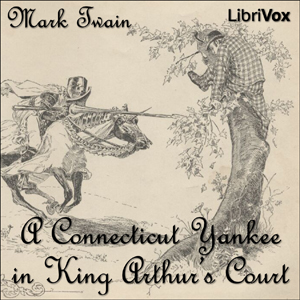- Chapter 00
- Chapter 01
- Chapter 02
- Chapter 03
- Chapter 04
- Chapter 05
- Chapter 06
- Chapter 07
- Chapter 08
- Chapter 09
- Chapter 10
- Chapter 11
- Chapter 12
- Chapter 13
- Chapter 14
- Chapter 15
- Chapter 16
- Chapter 17
- Chapter 18
- Chapter 19
- Chapter 20
- Chapter 21
- Chapter 22
- Chapter 23
- Chapter 24
- Chapter 25
- Chapter 26
- Chapter 27
- Chapter 28
- Chapter 29
- Chapter 30
Candide, ou l’Optimisme, (“Candide, or Optimism”) (1759) is a picaresque novel by the Enlightenment philosopher Voltaire. Voltaire never openly admitted to having written the controversial Candide; the work is signed with a pseudonym: “Monsieur le docteur Ralph”, literally “Mister Doctor Ralph.”Sardonic in outlook, it follows the naïve protagonist Candide from his first exposure to the precept that “all is for the best in this, the best of all possible worlds,” and on through a series of adventures that dramatically disprove that precept even as the protagonist clings to it.The novel satirizes naïve interpretations of the philosophy of Gottfried Leibniz and is a showcase of the horrors of the 18th century world. In Candide, Leibniz is represented by the philosopher Pangloss, the tutor of the title character. Despite a series of misfortunes and misadventures, which include being present at the Lisbon Earthquake, Pangloss continually asserts that “Tout est pour le mieux dans le meilleur des mondes possibles” (“All is for the best in the best of all possible worlds”). The novel ends with Candide finally rejecting the optimism espoused by Pangloss, saying, “Il faut cultiver notre jardin” (“It is necessary to cultivate our garden”). Summary from Wikipedia
There are no reviews for this eBook.
There are no comments for this eBook.
You must log in to post a comment.
Log in











